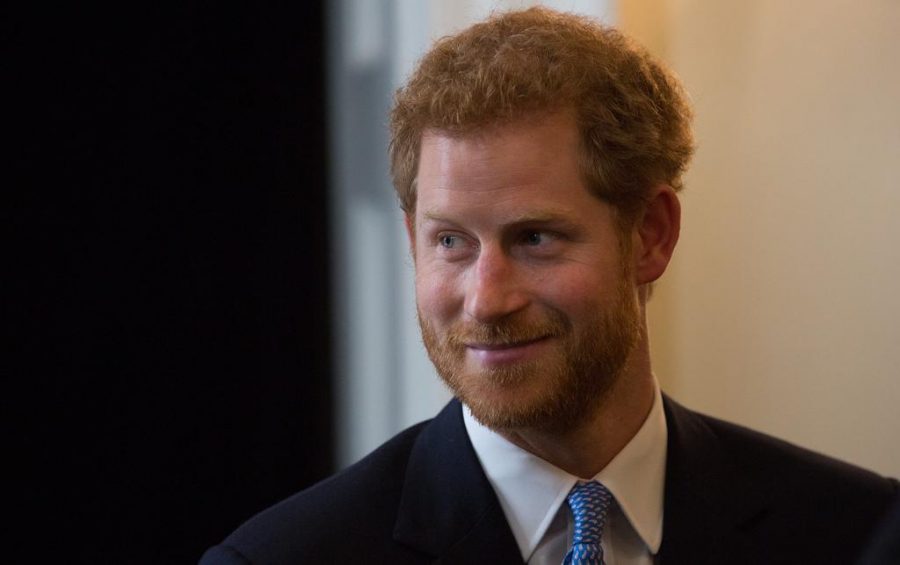Prince Harry was only 12 when his mother, Princess Diana was tragically killed in a car accident August, 31, 1997. Ever since, he was thrown into a media frenzy of controversy while still experiencing the raw, tender, uncomfortable realization of grief.
He says that it took him until his late twenties and “two years of chaos” to speak up and ask for help in his grief.
I was 15 and crying on the couch of my uncle’s house when I found out my mom had passed away. Two days later I was back at soccer practice putting all of my pain and thoughts aside.
Prince Harry has battled a closed-lip attitude in handling his grief while bottling up emotions, as do many of us that have lost people whom are close to us.
“I have probably been very close to a complete breakdown on numerous occasions, when all sorts of grief and all sorts of lies and misconceptions and everything are coming to you from every angle,” he said in an interview with the Telegraph.
It is very important that we all stay wary of clichés we put around mental health and grief. There isn’t a typical experience.
“Some will ignore the signs of stress, others will insist they’re OK after losing a loved one. Some will be afraid to ask for help, others won’t have anyone to turn to,” he said.
Prince Harry speaking candidly about his struggle with accepting his grief of the loss of his mother is inspiring and impactful to all. He has encouraged others to come forward about their own battles.
His honesty about his own triumph over his difficult times has challenged society to talk openly about mental health in dealing with grief and the stigma surrounding it.
Too often, people feel afraid to admit that they are struggling with their mental health. This fear of prejudice and judgement stops people from getting help and can destroy families and end lives.
The young royal’s honest communication and philanthropic work has shifted a pattern of thinking and sparked conversations that need to be heard.
Mental health is OK to talk about; it is all a part of the journey.
Prince Harry has harnessed relatability on a global level to facilitate a change to affect so many. In his interviews and charitable work, he is proving delayed grief is real.
Not talking can create undistinguishable pain and chaos. Delayed grief and suppressed emotions can cause mental health issues with hard-to-comprehend causes. A process which happens late after the initial loss of a loved one.
He and The Duke and Duchess of Cambridge have created the Heads Together Campaign. The work Heads Together does has been instrumental in sparking conversations around mental illness.
Taking his experience to the public is one step in reminding people that talking is OK, and no one has ever solved a mental health issue from not talking about it.




















Harold A Maio • Jan 12, 2018 at 5:57 pm
—His honesty about his own triumph over his difficult times has challenged society to talk openly about mental health in dealing with grief and the stigma surrounding it.
OK, you and he have been taught to say a stigma surrounds mental illnesses. How do you overcome the lesson that you not pass it on to others?
Harold A Maio khmaio@earthlink.net